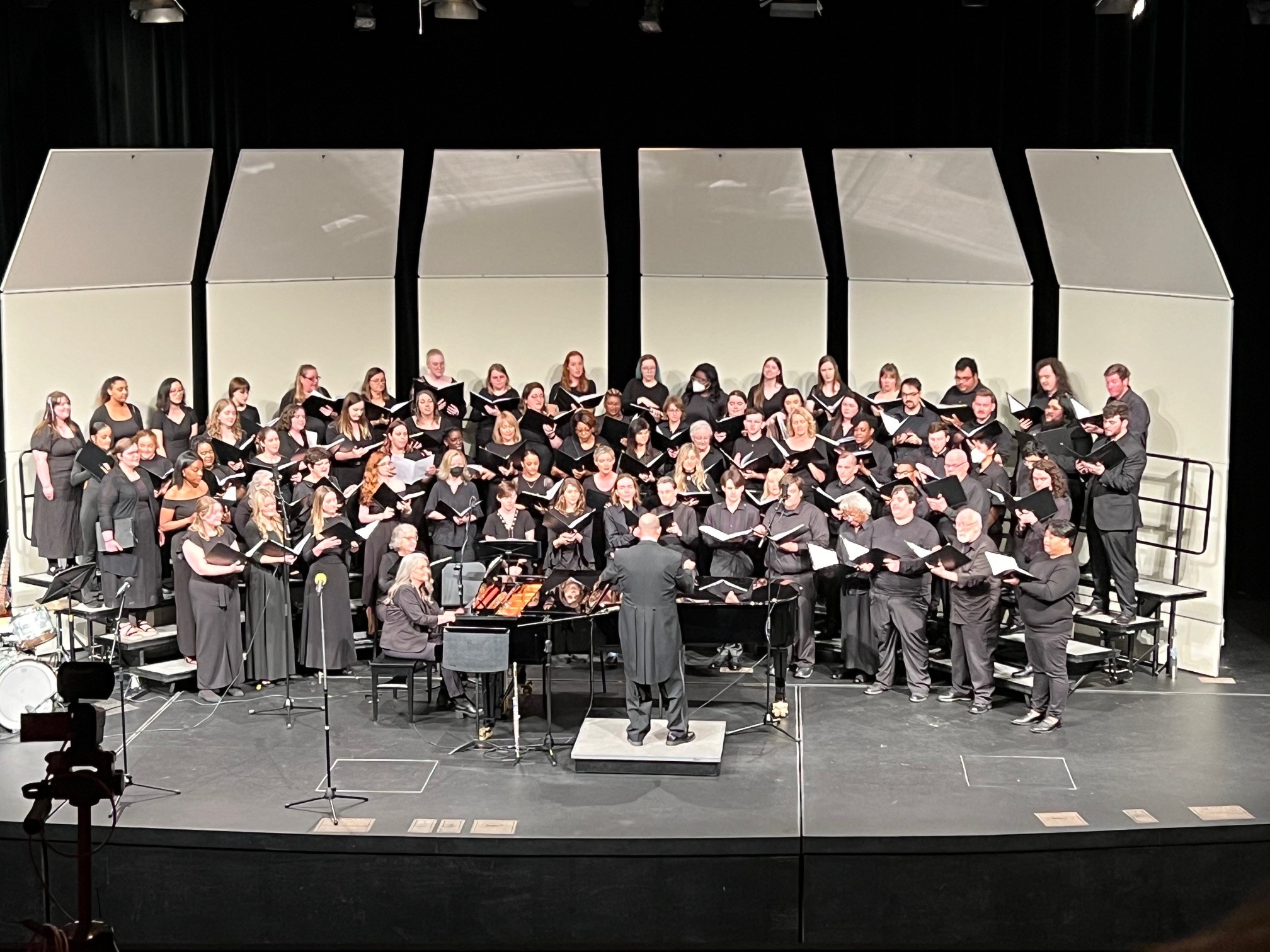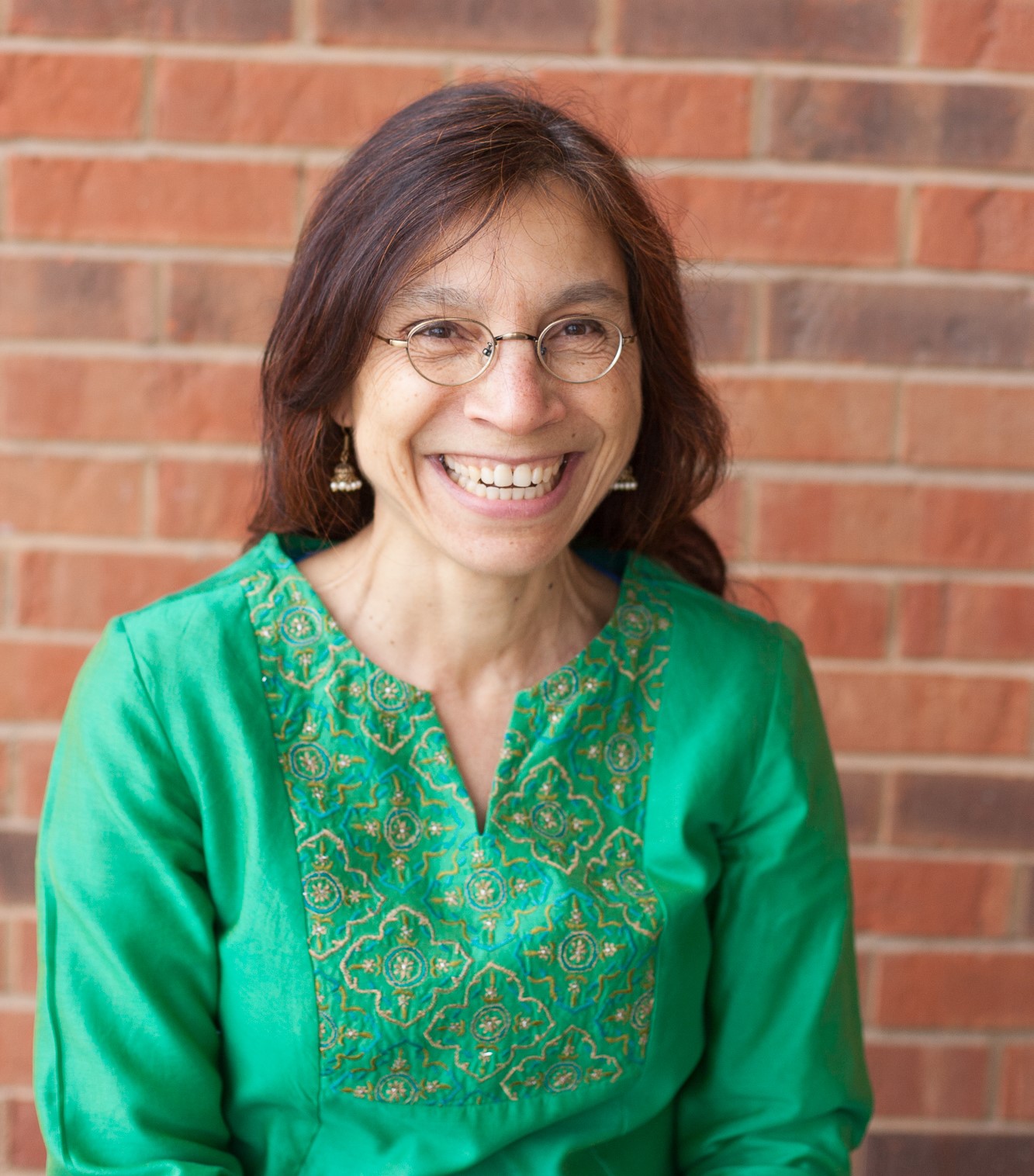a day in the life of English Professor Richard Long

Amanda Keefe
– Art & Life Editor –
Starbucks, 5:30 a.m., daily
Richard Long, Ph.D., stands in line, waiting for his usual — tall coffee, black. He is never without his coffee. He brings it with him to every class he teaches and refills it throughout the day from the coffee pot near his office.
Friday, 1 p.m.
During the interview, he holds his cup of Starbucks lightly in his hand, sipping it between questions.
“They know me [at Starbucks], I’m pretty sure,” Long says with a quaint Southern drawl. “I have a free refill card, too.” He smiles, the corner of his mouth turning up just slightly.
Starbucks is not the only thing Long has to have in his day.
No matter the day or the circumstances, he exercises his passion and his profession; the English language and writing.
“Writing helps us understand the world,” Long says. “It helps to let others know what we find important. It helps people know what we feel, think and believe.”
Long’s passion for writing came about in an unexpected way.
“I’ve wanted to teach for a long time, and I credit it to the minister I had when I was a boy,” he says. “I was always studious, serious. So he called me ‘professor.’ That sort of put the seed in my head.”
Long has been teaching for nearly 30 years, and, as an associate professor of English at STLCC-Meramec, he teaches anything from poetry to writing creative non-fiction.
Often times, students can be put off by Long’s methods of teaching, and he’s quite aware of it.
“I think students find me too harsh at first,” he said. “But if they’re open-minded, they’ll realize my harshness is solely constructive. I’m very direct, very straightforward. I think that’s what [students] dislike about me but end up liking in the end.”
“His teaching style was something completely different than I ever came across before,” Evey Danzo, Meramec student, said. “He took my idea of poetry and completely redirected my style of writing into something else. It was very different for me and it took a lot of getting used to, but I liked it.”
Long says that although he’s the teacher, he learns something from his students every day.
“We were discussing a poem the other day in class, and one student had a completely different way of reading and interpreting it. A way I had never considered. But it worked,” he said.
Wilmington, North Carolina, 1953
The 56-year-old Southern boy at-heart was born and raised in Wilmington, where the smell of salt water hangs dense in the air above sandy beaches and calm waves. His memories here are among the fondest of his days.
“I’ve lived in Missouri since the early ‘90s, but there are certainly things I miss about home,” Long said. “I miss the seafood. I miss going out to the docks and buying fish straight off the boat.”
Long eases back in his seat a bit, and begins to reminisce about crabbing and catching flounder on a flat-bottom boat.
Laughing quietly, he says, “We’d get a giant flashlight and shine it into the water, and tons of flounder would flash around. We’d catch them, and eat them the next day.”
Then, thinking again about the place he calls home, he said, “I don’t miss the sand, though.”
College, early 1970s
“I didn’t do well in college the first time around, although, that’s what I regret most,” Long said. “Sometimes I think my slowness in becoming a serious college student might have affected me a bit, but it helps me understand those who are struggling to become serious themselves.”
As a professor, Long is submersed in everyday college life. But sometimes he misses the joys of being a college student.
“I miss the exposure to so many different subjects,” he said. “And, as a student, you seem to have more time.”
In those moments when Long has time, he writes. Poetry is his forte, but he’ll write when he feels inspired.
“I put most of my energy into my poetry,” he said. “It’s the most imagistic, and the most sensory of different genres.”
But with passion comes persistence – persistence to teach his students the ways of writing properly, and Long subtly demands perfection in his students’ pieces.
He pauses and then mentions honestly, “I don’t mean to, but I think I might hurt feelings because people are always expecting positive feedback [on assignments], but a lot of times what they expect isn’t what they get.”
Although constructive criticism is essential to Long’s method of teaching, Long said he isn’t fond of “having to give low grades when it’s necessary,” he said. “But it makes [students] better writers, better thinkers.”
Not only is Long persistent in getting his students to do well in his classes, but he’s persistent and passionate about something one might not expect from Long – marathons.
“I run marathons, and I bike, too,” Long said. “It’s a challenge, and I love setting a goal and working toward it. It’s the most rewarding.”
He paused, took a sip of his coffee, held it up and said, “The value is in the journey.”
Part of ‘the journey,’ Long knows, is how people remember you.
“I would want to be remembered for doing well in a world that’s not always good,” he said.
Doing well to Long includes doing what he loves, and doing what makes him happiest, he says. Writing, teaching, biking, running and Starbucks.
An Early Saturday Morning
Long and his granddaughter find a seat at Starbucks for their weekend ritual.
“One of my biggest accomplishments in my life is taking my granddaughter to Starbucks every Saturday morning,” he said. “I’m an optimist, and the little things make the difference.”











